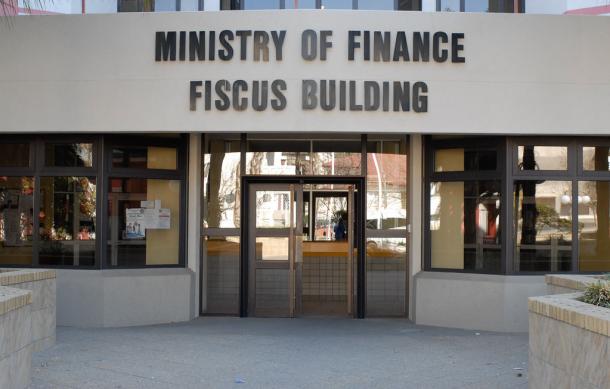
The National Council approved a budget of over N$8 billion for the Ministry of Finance and Public Enterprises.
Members of Parliament, however, expressed concern about banking fees, acknowledging the complexity of legal processes but urging the government to prioritise citizen protection from alleged unfair practices within commercial banks.
Swapo Party MP Rocco Nguvauva says, "The charges introduced in the Banking Institution Act of 2023 and Act 13 of 2023 grant the ministry, the Minister of Finance, and the public interest the ability to make the regulations. And this provision is aimed at serving the best interests of the Namibian people. High bandwidth fees and charges have become a major concern. However, banks were also informed that the Central Bank will not entertain profit shifting and transfer pricing practices through service level agreements with the parent institutions."
Nguvauva urged the Minister of Finance and Public Enterprises to implement regulations outlining methods for controlling bank charges.
Other members of parliament also made their contributions.
"When you look into the state enterprises, there are more than 90 or close to 90 of them that are subsidised by the government year in and year out. You will never hear what progress they are making. What revenue and dividends are they declaring for the state? The only thing that you will hear is that they should be bailed out. And I don't know at whose expense this is happening. And I don't know at whose expense this is happening, and to this benefit, these bailouts are taking place without any clarification of their doings or money, state money is going into these enterprises," says NUDO MP Peter Kazongominja.
Independent MP Paulus Mbango says, "An amount of N$77 million was allocated to agribusiness. It's a subsidy programme for farmers whose operations have been adversely affected. I would have loved if the ministry could have also given a directive to the agreement to relax the requirement, so because at the moment, most of those farmers that were affected do not even qualify for that loan, the loan has been awarded to them at the end of the day to go to the elites because the poor farmers will not be able to meet the requirement because of the collateral that has been required."





